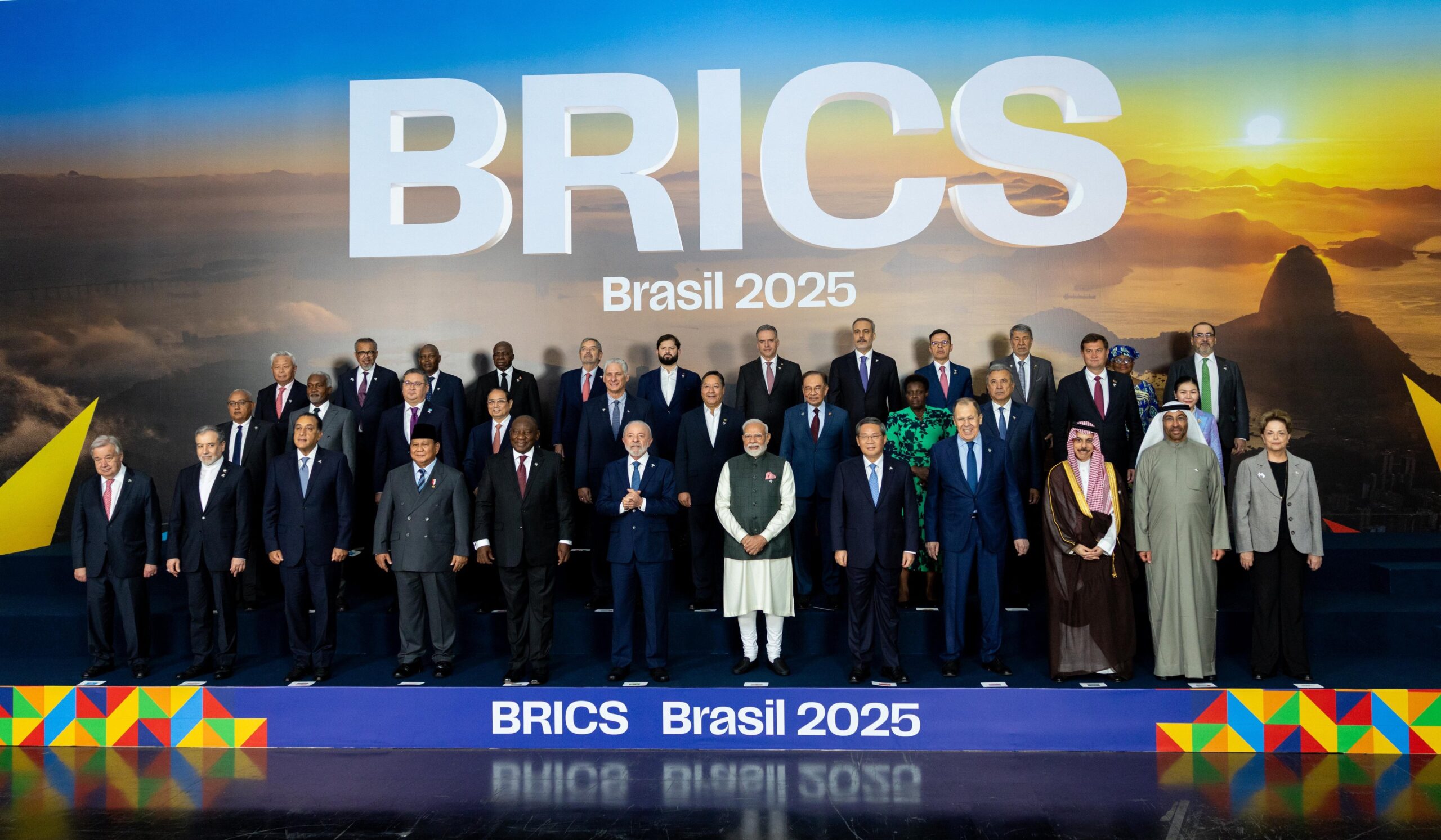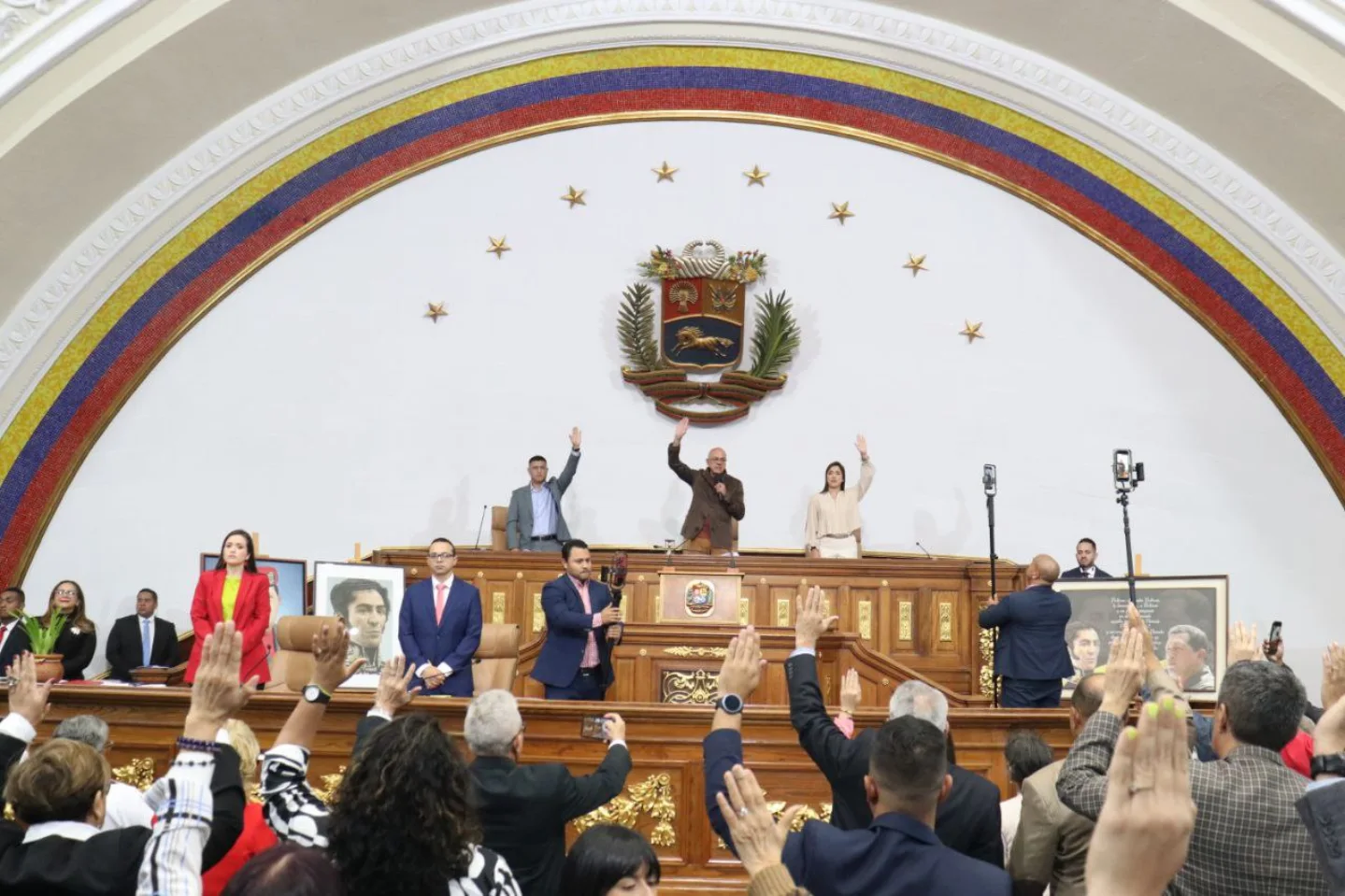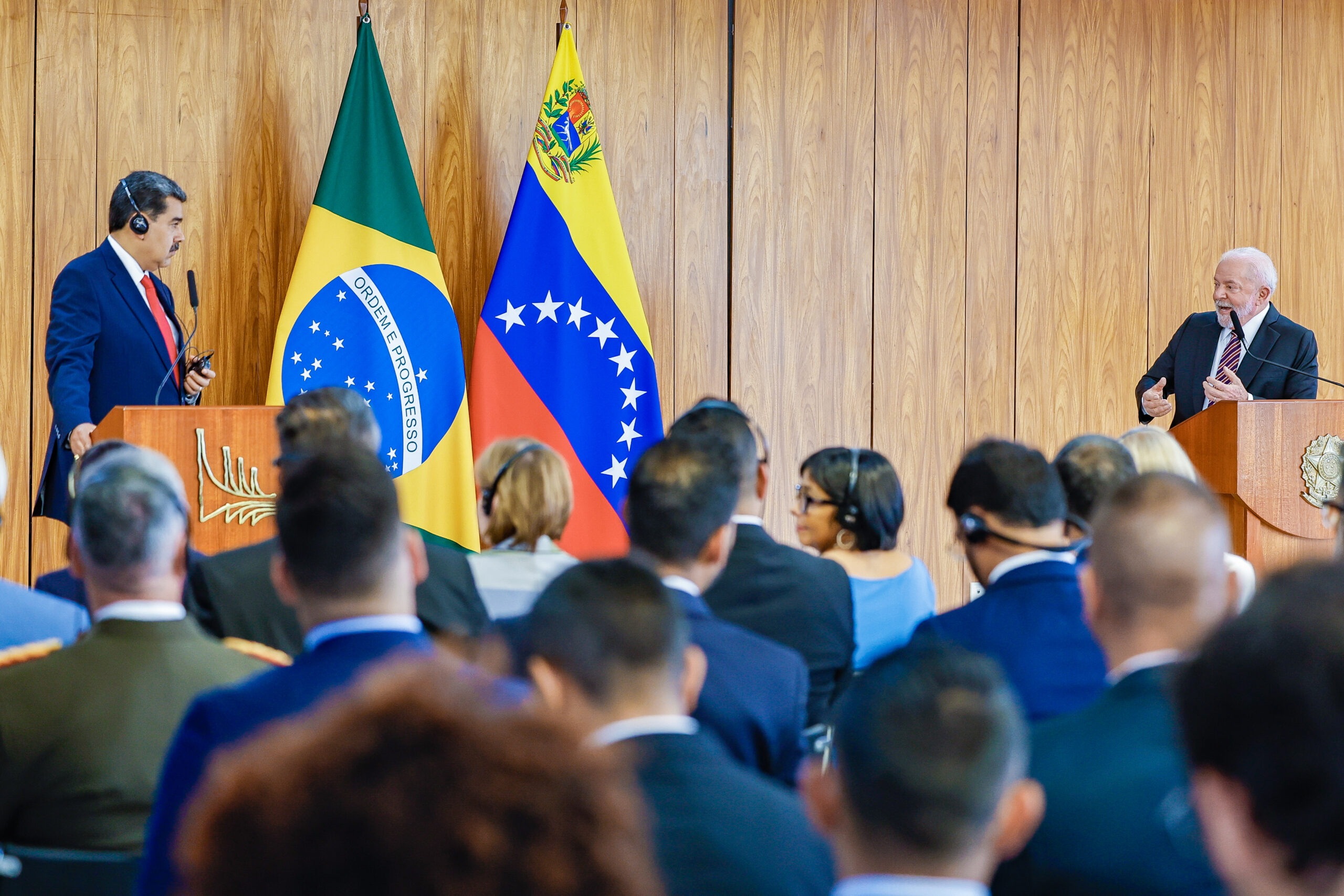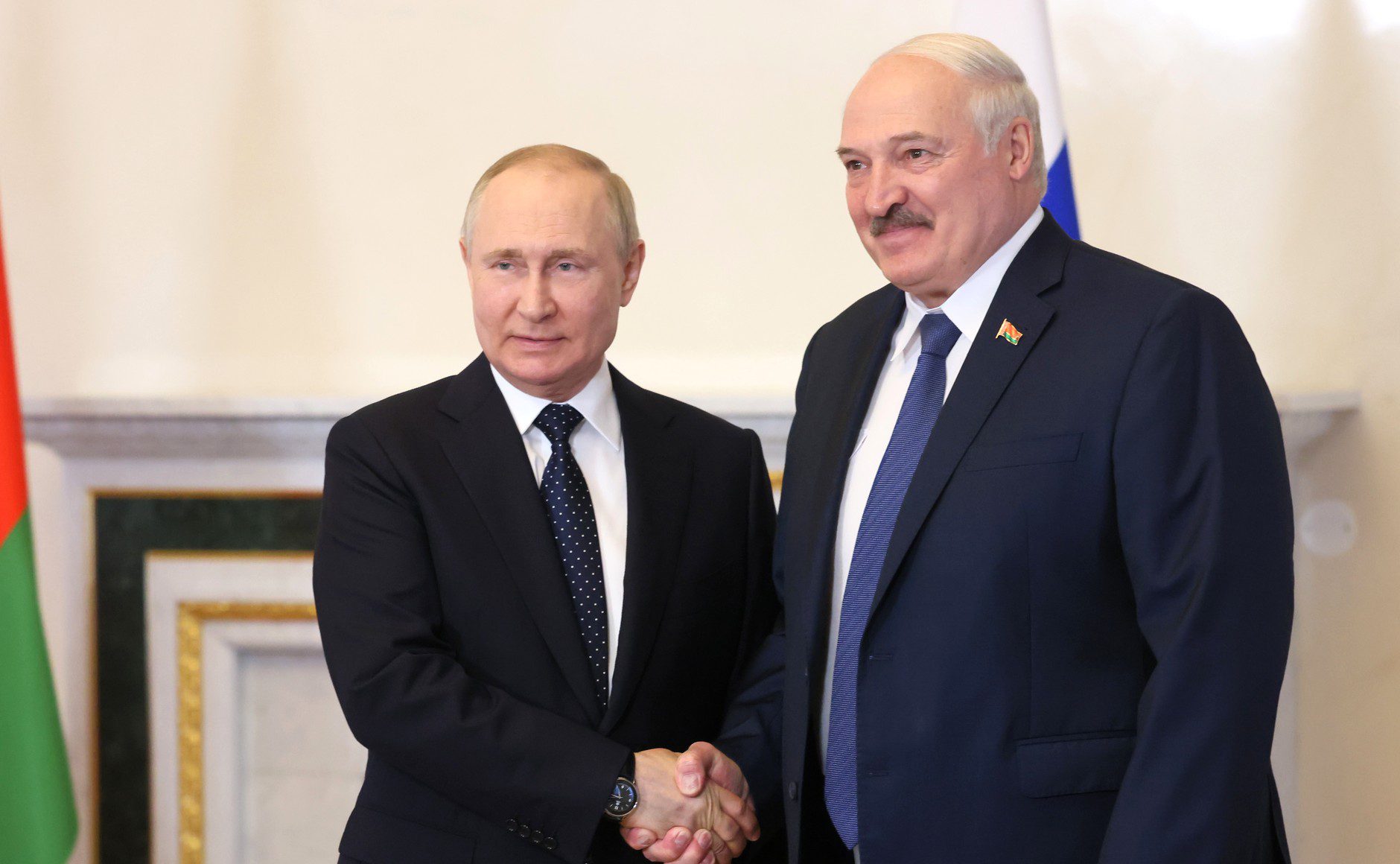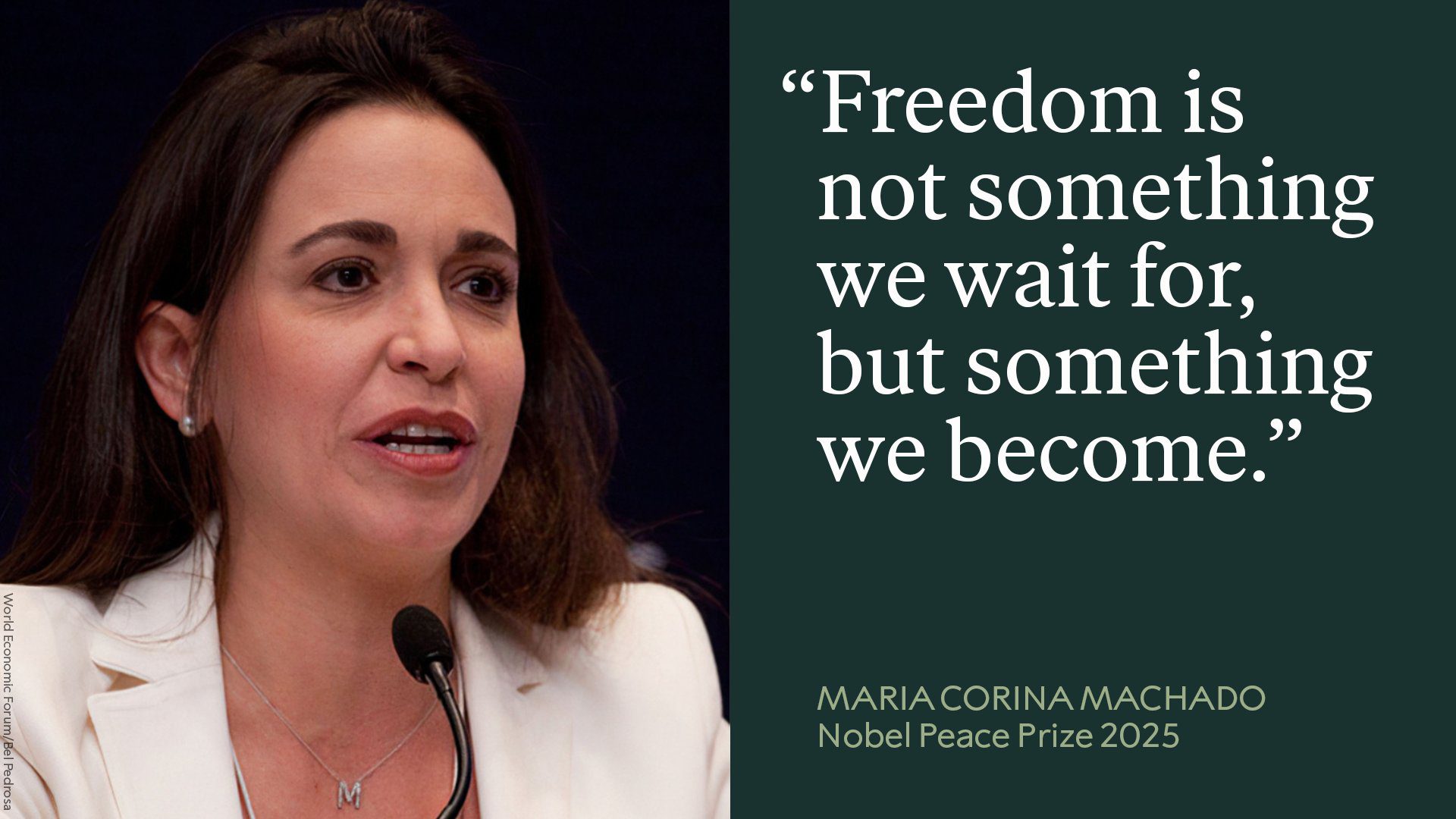BRICS+ Summit in Rio de Janeiro, Brazil. Photo: Social media
Guacamaya, July 7, 2025. At its XVII Summit held in Rio de Janeiro, the group reaffirmed its commitment to a reformed multilateralism, South-South cooperation, technological innovation, and sustainable development, while facing internal tensions and external pressures.
Rio de Janeiro was the stage, on July 6 and 7, 2025, for the XVII BRICS Summit, a meeting that marks a turning point for the bloc of emerging economies. Under the theme “Strengthening Global South Cooperation for a More Inclusive and Sustainable Governance,” the Rio de Janeiro Declaration emphasized the BRICS’ intention to evolve beyond an economic coordination platform to become a key player in global geopolitics.
The group, founded by Brazil, Russia, India, China, and South Africa, now has ten full members following the inclusion of Egypt, Ethiopia, Iran, the United Arab Emirates, and Indonesia, although doubts remain over Saudi Arabia’s ratification. Another ten countries —such as Belarus, Bolivia, Kazakhstan, Uganda, and Vietnam— are listed as strategic partners. This expanded bloc represents nearly half of the world’s population, around 40% of the global economy, and more than two-fifths of global oil production.
The attending leaders —including Luiz Inácio Lula da Silva, Cyril Ramaphosa, Narendra Modi, and Prabowo Subianto— reaffirmed their commitment to a multipolar international order and to reforming multilateral institutions, including a Brazilian proposal to reform the UN Security Council. The absences of Russian President Vladimir Putin and Chinese President Xi Jinping were among the most notable aspects of the summit.
The declaration addresses crucial issues such as peace, sustainable development, inclusion, and the reform of the global financial system. It also condemns the April attacks in Jammu and Kashmir and calls for peace in Sudan, Syria, and Haiti. On the economic front, the BRICS criticize unilateral tariff measures, the EU’s carbon border adjustment mechanism, and announced progress on their own payment system to reduce dependence on the dollar.
The push for scientific and technological cooperation was also a highlight. The 2025–2030 Innovation Action Plan was launched, prioritizing areas such as artificial intelligence, quantum computing, and Industry 4.0. The creation of the BRICS Center for Industrial Competencies (BCIC) was also announced in collaboration with UNIDO, aimed at training talent in advanced technologies. These initiatives seek not only to strengthen members’ technical capabilities but also to build independent regional value chains.
On the social and cultural front, the summit underscored the role of culture as a driver of sustainable development, praised the work of the Academic Forum, the Trade Union Forum, and the Youth Council as spaces for citizen dialogue, and supported initiatives to eliminate socially determined diseases and regulate artificial intelligence governance.
However, the bloc faces significant challenges. The diversity of interests among the new members, internal tensions —such as Brazil’s veto of Venezuela’s entry despite Russian support—, and hostility from Western partners like the United States, whose President Donald Trump threatened a 10% tariff on countries aligned with the bloc, test its cohesion.
In a world marked by regional conflicts, trade wars, and new protectionist policies, the BRICS advance with ambition but also with caution, aware that their growing global weight comes with the difficult task of building consensus without sacrificing the sovereignty of their members.

